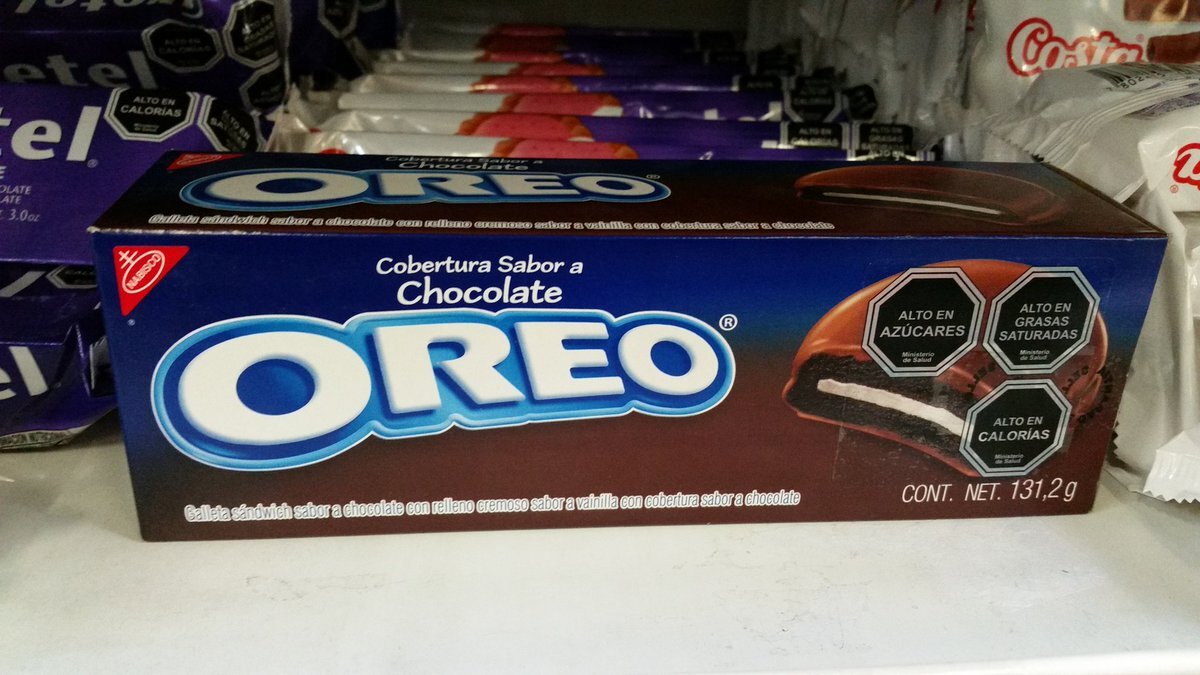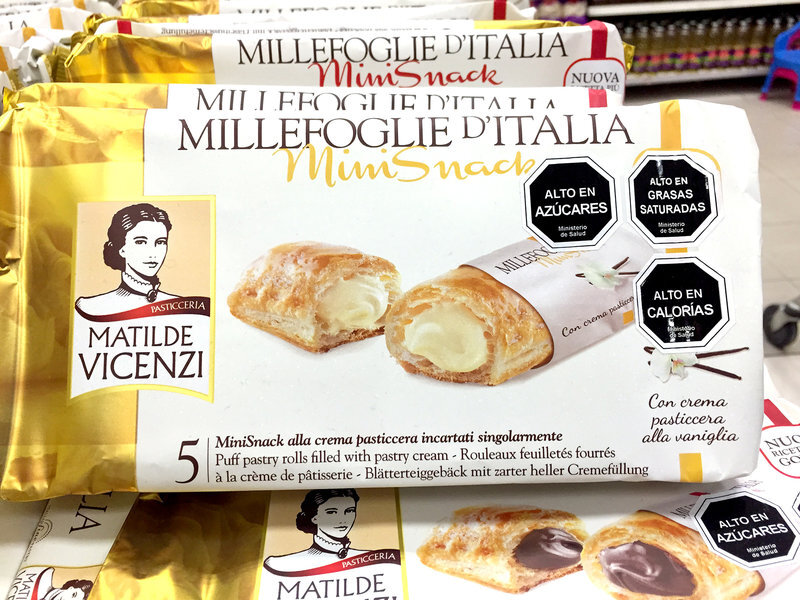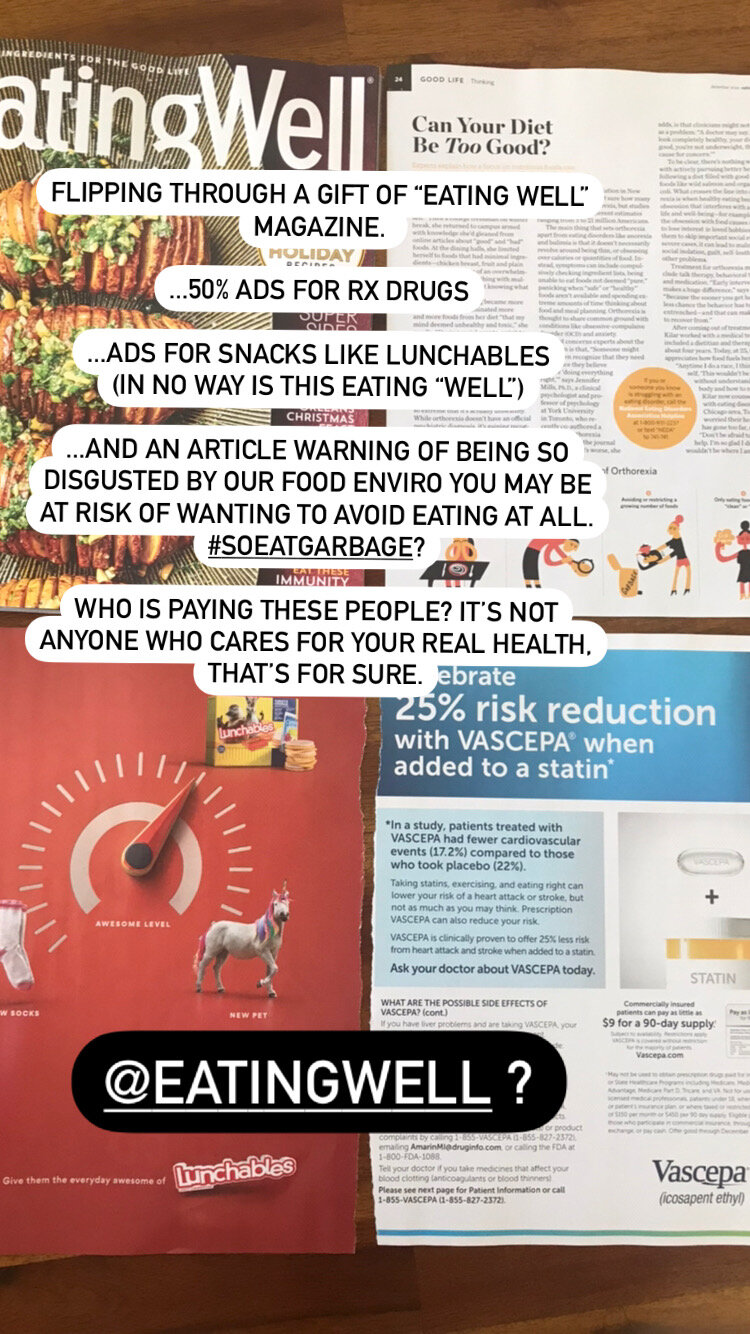How Chile Banned Junk Food Advertising to Children
How are other countries combatting the childhood obesity epidemic?
In Chile, over HALF of all 6 year olds are obese. We are not far behind. Obesity kills millions of people every year, burdens our economy, makes our immunities weaker, and shortens life spans by decades (especially seen in poverty stricken neighborhoods).
In the same amount of time it took us to put an “additional sugar” category into our confusing food labels, (since 2016) new laws in Chile have:
Banned junk food commercials on tv or radio between 6am and 10pm
Removed cartoons from junk food
Put warning labels on dangerous foods above various thresholds
Removed the selling of junk food in schools
Increased soda tax to 18%
And they are already seeing a huge change in behavior. Kids are telling parents, “Don’t buy these foods because the teachers say they are not healthy if they have the black logo.”
The country reduced sale of sweetened drinks by 25% within its first year, an effect unheard of elsewhere. It is still too early to see drops in their obesity rates, which had climbed to nearly half of all their children. (We are not far behind: half of American adults are expected to be obese by 2030).
These are the kinds of policies we need today, not in five or ten years. Consumers need to be better informed about food choices they are making. At the same time, law makers, academics and consumers need to continue build awareness to counter the power and manipulative tactics of the food industry.
Some facts:
In Chile, over half of all 6 year olds and 75% of adults are overweight or obese.
In America, childhood obesity is at 20%, and 60% of adults are overweight/obese.
Chilean government spends $800 Million on healthcare for obesity conditions every year (Americans spend $300 Billion).
50 years ago, Chile's biggest nutrition issues were related to malnutrition. Now its problems are due to the ready availability of convenient, packaged “foods”, particularly in the past 20 years.
In many countries in South America, coca cola is cheaper than water
Results of the 18% tax are 4x the impact of any tax ever seen.
US food lobby spends millions to prevent ANY food labeling or marketing restrictions, and have so far won. It has taken us 4 years to implement the “added sugar” label alone.
Liver centers now have teenage patients on their transplant waitlists because their livers can’t keep up with the processed foods they are consuming.
What does the law include?
Food labeling requirements. Packaging requires black warning labels on processed foods high in sugar, salt and saturated fat. Each category requires it’s own label: if high in all four (whether ice cream or nutella) it can get 4 warning labels.
Strict limits on food advertising, especially aimed at kids under 14 years old. This includes banned use of cartoons aimed at junk foods to kids.
Banned use of candies using trinkets to lure kids.
Banned advertising junk food during cartoons, or on websites that target kids.
Junk food commercials banned on tv or radio between 6am and 10pm.
Sodas, chips, and choc chip cookies (among other junk foods) could no longer be sold in schools
18% tax on sugary drinks, among the highest in the world
In contrast, in the United States:
Food marketing to kids is out of control
Coke & Mcd’s spend $1.8 BILLION marketing in the US to children as young as 2 years old
Food Industry spends $11 BILLION spent on TV ads alone marketed to kids every year (JUST ON TV). Today most media is seen online.
The average kids spend 44.5 hours a WEEK in front of screens and stealth marketing (even more during online learning) Free social media apps integrate junk foods into their games for children (they are not using broccoli as a reward).
Children under 8 years old don’t know the difference between the TV commercials and the programs they are watching, making them particularly vulnerable to persuasive messaging (and don’t know how to think critically about being manipulated, as few adults do either!)
The average child (2-14 years old) sees 10-11 junk food ads every day (many more in poor neighborhoods)
School lunch programs are manipulated
80% of schools have contracts with soda companies
50% of schools sell brand name fast food in their cafeterias
Most school kitchens only have microwaves and deep fryers (no fresh food), and displays for candy at checkout counters
Nutrition standards get influenced and blocked by major food companies
Lobbying groups with $Million+ budgets (and $Trillions on the line) join together to influence Congress. This includes even Viacom, the company that owns Nickelodeon (think Sponge Bob and Dora the Explorer) and the “Sensible Food Coalition”, aka Big Food companies that market specifically to kids.
Children are worth the advertising dollars because they they can hook them early when they are most impressionable, becoming a life long customer. Firms are hired to do scientific studies on how to influence preschoolers on food choices before they can read or walk. The more fast food ads children see, the fatter they become.
Teaching kids to appreciate real food is a Herculean task when fighting against ads for Sponge Bob Macaroni and Frosted Flakes.
How did the Chilean Food Laws every make it through?
In 2006, a doctor named Guido Gerardi was elected to the Chilean senate, and went after predatory food marketing.
2011, Chile’s hall of congress sat packed with food lobbyists determined to block first efforts of the food labeling law. They succeeded in an initial veto, with the food companies offering an alternative:
health initiative paid for by big food emphasizing importance of exercise. (HA! sounds familiar in the US, see the transformation of Michelle Obama’s food campaign into the MOVE IT slogan).
Now President of the Senate, Giardi protested outside Chilean President Pinera’s home for many days, accusing him of turning back on Chilean people with a big sign that said, “President Pinera is selling out the health the kids to Mcdonald’s and Coca Cola.” President Pinera came out and asked him to leave because it was embarrassing, but was relentless, and the veto was thrown out.
In 2014, a new Chilean president came into power, Michelle Bachalet, a pediatrician, and approved the new regulations, rolled out over 3 years.
Other Worldwide Influencers
The laws have already inspired many other South American countries to act: Brazil, Uruguay, Peru, Argentina
Israel has issued new laws for negative warning labels and positive labels for fresh foods like fresh veggies, whole grains and legumes.
United Nations has recognized the Chilean laws as the best contribution to food security
Quebec was the first gov to forbid predatory marketing, banning fast food marketing to kids in electronic and print media in 1980.
the ban led to 13% reduction in fast food purchases
lowest childhood obesity rate in Canada
Sweden has one of the lowest childhood obesity rates in europe
1991, ban on all toy and junk food commercials aimed at kids under 12.
UK has one of the HIGHEST obesity rates in Europe
Recent action in last decade banned junk food ads on TV aimed at kids under 16.
2018, London banned ALL junk food ads from its public transport system (candy bars, soft drinks or potato chips)
Online Cadbury eggs were pulled online in 2018 bc they didnt do enough to prevent kids from viewing them.
In much of the world, coca cola is cheaper than water. Adding additional taxes has shown decreases in sales of sweetened drinks by 25% within its first year. US food lobbyists spend millions to prevent ANY food labeling or marketing restrictions, because they know these taxes work.
In fact, Coca Cola makes 20% of its revenue directly from food stamp programs. $7 BILLION is spend on soda from SNAP every year, from the poorest american’s pockets), only increasing the social disparity further by making poor people sicker and more addicted. Instead of making it harder to buy these foods, our policies make it more convenient for them to give toxic “foods” to our babies, and sometimes even put heart healthy stickers b of low fat (ignoring that sugar causes heart disease).
Does our country have the gusto to stand up the toxic food industry in the same way?






